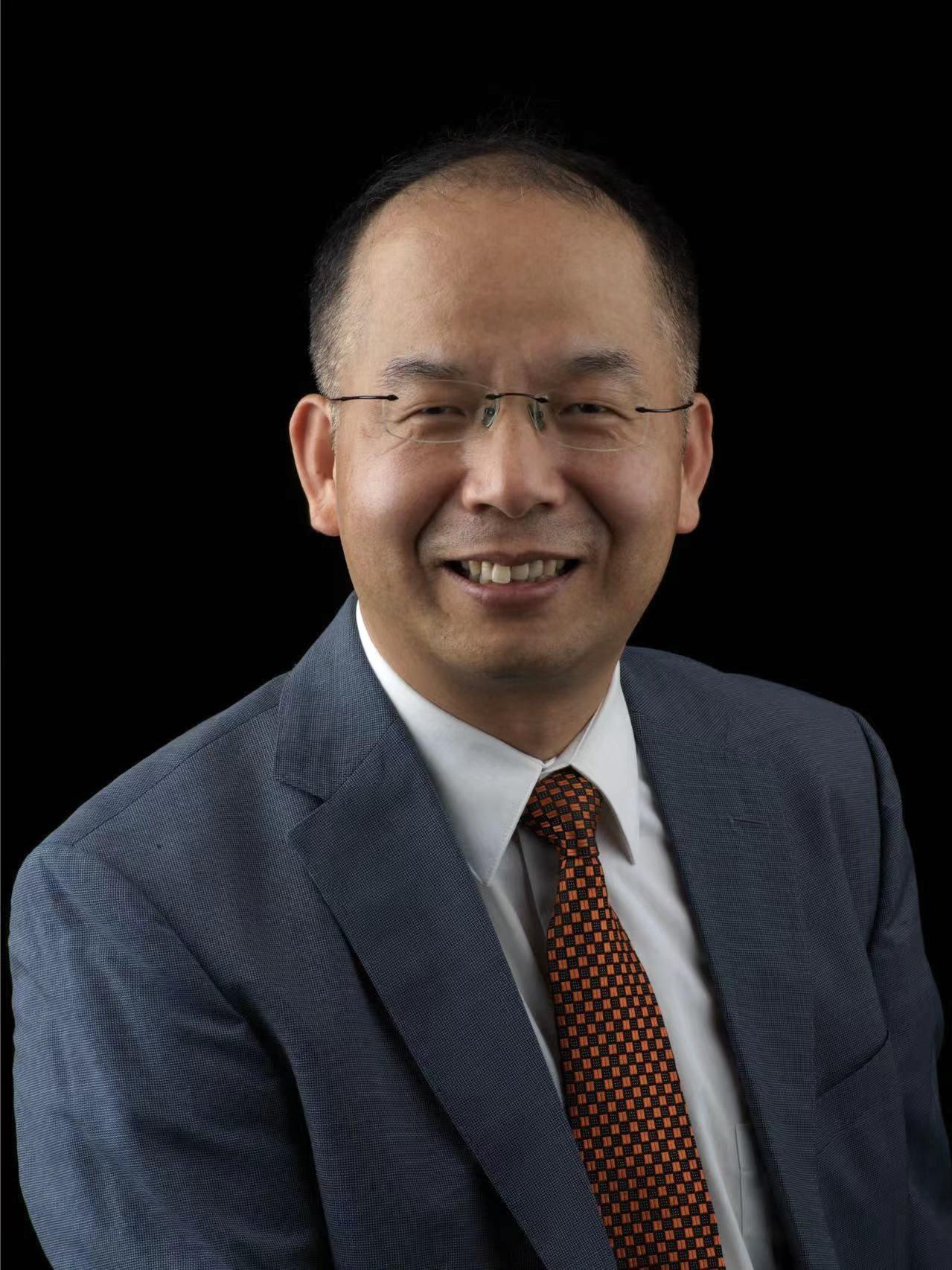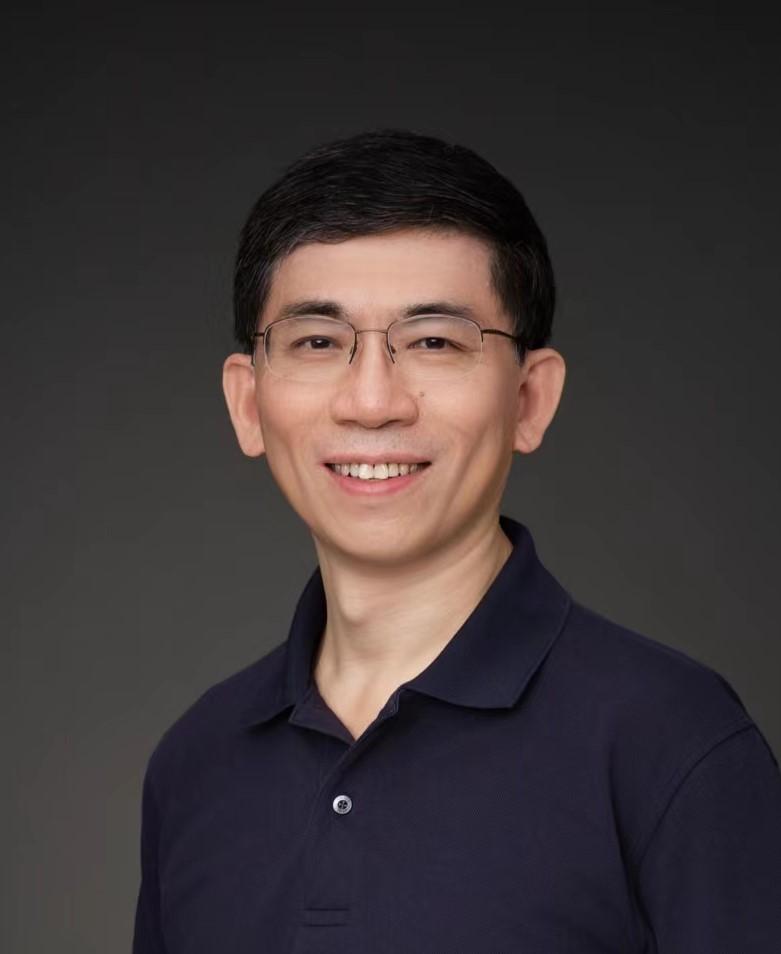The American Physical Society (APS) recently announced its 2024 class of APS Fellows, with two scholars from the Southern University of Science and Technology (SUSTech) earning this esteemed recognition: Jiaqing HE, Chair Professor of the Department of Physics, and Danian HU, Professor at the Center for Social Sciences.

Jiaqing HE has made significant contributions to the study of thermoelectric materials, particularly in electroacoustic decoupling and structure-property relationships. His pioneering work introduced the “high entropy method” to decouple electron and phonon transport, optimizing thermoelectric performance. Notably, he developed a thermoelectric device with the highest reported conversion efficiency globally.
With more than 300 published papers in journals such as Science and Nature, he has been cited over 38,000 times with an H-index of 93.
Professor HE was selected by the APS for his “seminal and sustained contributions to unraveling the relationship between the structure and property of thermoelectric materials and associated physical phenomena”.

Danian HU specializes in the history of modern Chinese science and technology, focusing mainly on 20th-century Chinese physics. His notable first English-language monograph, China and Albert Einstein, was recognized by Physics Today, the journal of the APS, as one of the “five essential history of physics books.” The expanded Chinese version of the book was published in 2006 and was immediately selected as one of the ten best books published in the country in that same year by China Reading Weekly.
He has published over 30 papers in professional journals at home and abroad, and edited special issues on the history of science and technology in modern China for two different academic journals in English.
Professor HU was elected by the APS for his “outstanding historical works on the rise of communities of physicists in China, especially in analyzing the reception of Einstein’s theories and the labors of pioneering Chinese physicists and their international mentors and collaborators”.
Founded in 1899, the APS is one of the world’s most prestigious physics societies, with over 50,000 members globally. The number of recommended APS Fellow nominees in each year may not exceed one-half percent of the then-current membership of the Society, excluding student members. The APS Fellowship recognizes individuals for their outstanding contributions to research, education, and leadership in the field of physics.
Proofread ByYingying XIA
Photo By